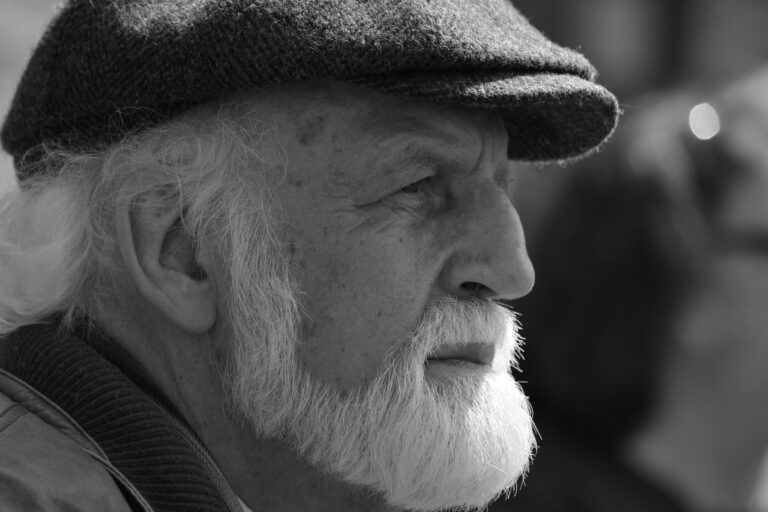
Healthcare innovation – Bringing the new to help the older
Daniel Avery, head of venture building at Rainmaking, on the healthtech innovations spurred via London’s Thames Freeport special economic

Daniel Avery, head of venture building at Rainmaking, on the healthtech innovations spurred via London’s Thames Freeport special economic

The National Procurement Policy Statement shifts public sector spending towards social and environmental impact—yet few are talking about it. Tiia Sammallahti, CEO of whatimpact, explains why VCSEs must seize this opportunity.

Local governments must prioritize digital transformation to create smarter, more efficient cities. By investing in IoT infrastructure, data management, and AI, they can enhance services, boost economies, and improve citizens’ quality of life.

Antony Paul, Global Product Head at Quadient, explores how effective communication and automation can help councils build trust and successfully implement smart city initiatives.

AI has the power to transform education, easing teachers’ workloads while enhancing learning. But trust, transparency, and public confidence are key to its success.

The digital divide in education extends beyond access—it’s about strategy, choice, and impact. Stuart Walker shares five key lessons from his journey in EdTech.

Stephen Foreshew-Cain, CEO of Scott Logic, explores how the UK public sector can overcome legacy IT, data silos, and skills gaps to successfully adopt AI and transform services.

AI is revolutionising the non-profit sector by improving efficiency, outreach, and accessibility, helping charities maximise resources and create greater impact for the communities they serve.

The NHS generates vast amounts of paper documentation, hampering digital transformation. Effective digitisation is crucial for improving efficiency, security, and patient care.

The slow-moving public sector must use the pace of advancing technology to reshape public services for the demands of the future.

Andrea Danes, global human services leader at EY, discusses how we might unleash the public sector’s “innovative instigators” with technology.

Blockchain isn’t just for cryptocurrencies. Chloe Tartan thinks it could underpin a more equitable welfare system in a digitally divided world.

Blockchain could provide a transparent, safe, and incentivised mechanism for the distribution of welfare, says Accenture’s Chloe Tartan.

The NHS’ Federated Data Platform faces scrutiny over privacy and requires robust data security
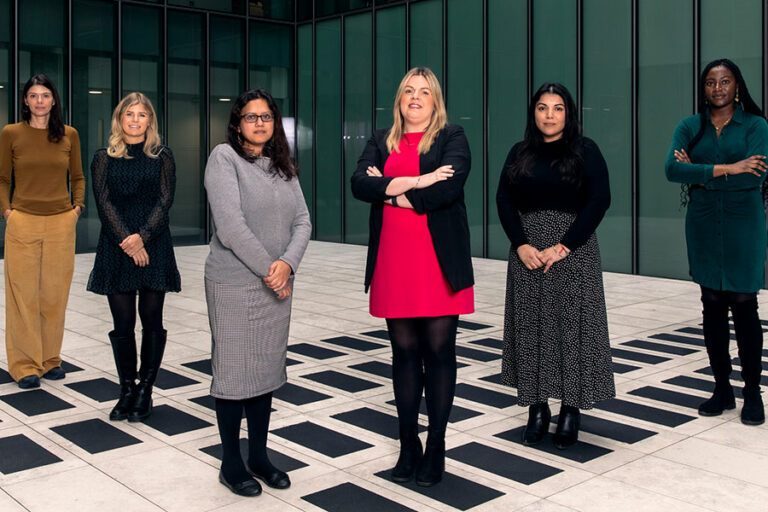
Diverse technology teams lead to better outcomes, as Southwark Council has discovered. We hear from seven of the local authority’s female change makers.

Public sector adopts efficient intelligent automation for modernisation, cost-savings, and enhanced services while retaining human involvement.

Thames Valley Police’s digital transformation programme has a pioneering approach to automation, focused on frontline policing rather than back-office tasks. The results are remarkable.

The City of Philadelphia’s Office for Innovation using the power of public-private partnership to provide internet access to thousands.
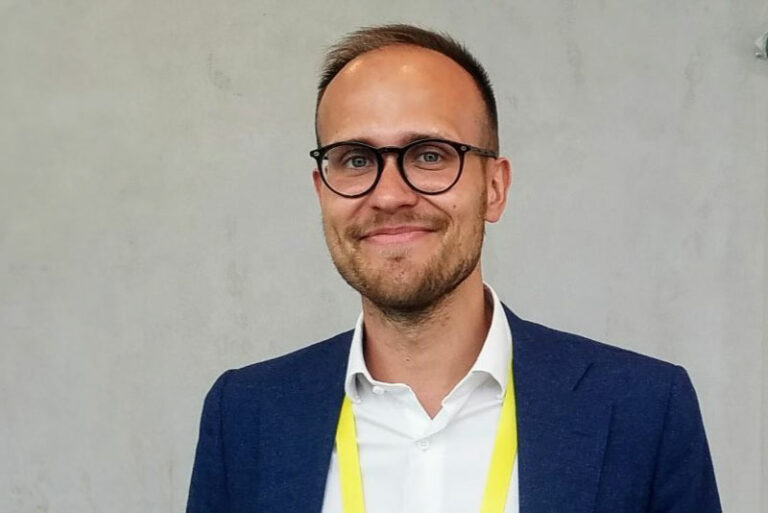
Estonia has become renowned as one of the most digitally advanced nations on the planet. Its latest innovation is Bürokratt, an AI-driven virtual assistant. Government CDO Ott Velsberg tells us more.

CrowdStrike’s Zeki Turedi on the UK government’s cybersecurity strategy.
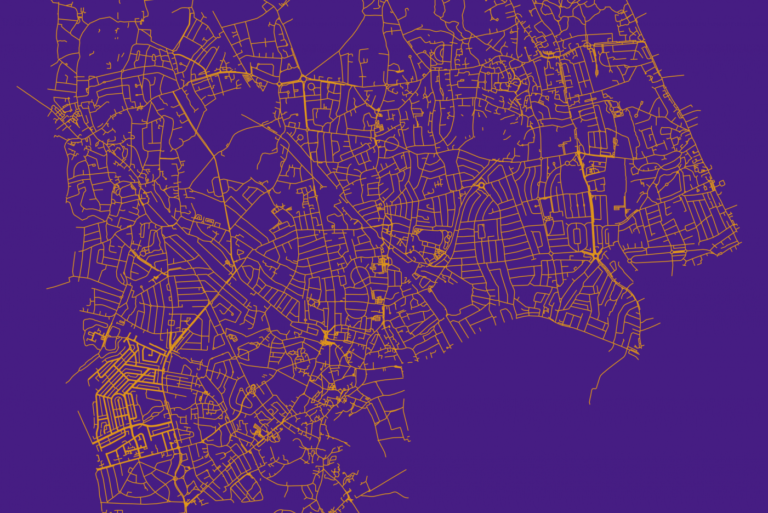
Harrow Council’s IT team take Tech For Good behind the scenes of a digital transformation programme that is improving the lives of its workers and residents.

Ashish Prashar’s journey from youth offender to the Prime Minister’s press secretary and CMO at RG/A demonstrates the importance second-chance hiring.
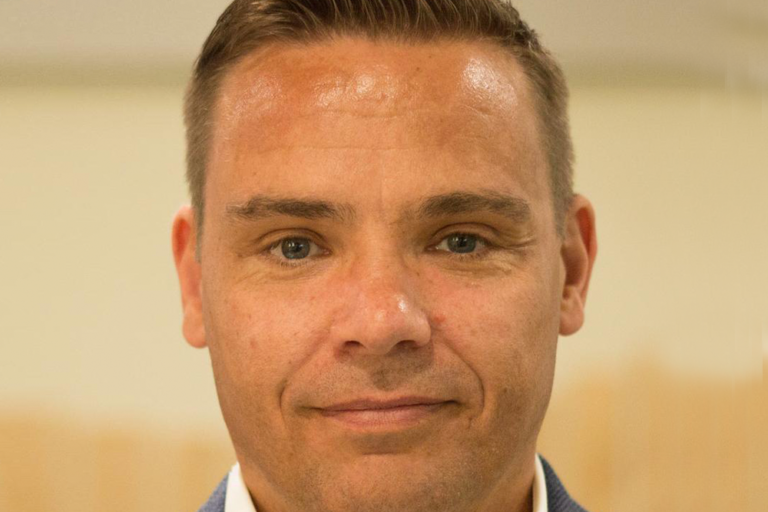
RingCentral’s Steve Rafferty on how collaboration technology can benefit the public sector

Estonia’s Ott Velsberg on Bürokratt and the death of citizen bureaucracy

We speak to Schneider Electric’s MEA region about why an all-digital, all-electric world is required for a smarter and greener future.

Semtech CEO Mohan Maheswaran on LoRa’s role in building IoT for a truly sustainable digital future.

We speak to Dr Fay Couceiro, an expert in environmental pollution, about why plastics is a problem that will only get worse

Technology disorders are on the rise. We visit a Swiss clinic to learn how to best tackle them

Technology aids sustainability through renewable energy but worsens pollution and waste. Individual and collective action can drive more sustainable practices.

Generative AI and IoT are transforming water efficiency in farming, helping farmers save resources, cut costs, and grow better crops despite climate-driven drought conditions.

Jamie Burrows is CEO and founder of Vertical Future. In this podcast, Jamie talks about the technology systems behind vertical farming and why current solutions are only “the tip of the iceberg” in this high-potential industry.

Chris Chambers works for Ordnance Survey, the national mapping agency for Great Britain. Although it is known primarily for its paper maps, Ordnance Survey’s highly-accurate geospatial data underpins many public sector services, and has played a vital role in Britain’s response to COVID-19.

Daniel Avery, head of venture building at Rainmaking, on the healthtech innovations spurred via London’s Thames Freeport special economic

The National Procurement Policy Statement shifts public sector spending towards social and environmental impact—yet few are talking about it. Tiia Sammallahti, CEO of whatimpact, explains why VCSEs must seize this opportunity.

Local governments must prioritize digital transformation to create smarter, more efficient cities. By investing in IoT infrastructure, data management, and AI, they can enhance services, boost economies, and improve citizens’ quality of life.

Antony Paul, Global Product Head at Quadient, explores how effective communication and automation can help councils build trust and successfully implement smart city initiatives.

AI has the power to transform education, easing teachers’ workloads while enhancing learning. But trust, transparency, and public confidence are key to its success.

The digital divide in education extends beyond access—it’s about strategy, choice, and impact. Stuart Walker shares five key lessons from his journey in EdTech.

Stephen Foreshew-Cain, CEO of Scott Logic, explores how the UK public sector can overcome legacy IT, data silos, and skills gaps to successfully adopt AI and transform services.

AI is revolutionising the non-profit sector by improving efficiency, outreach, and accessibility, helping charities maximise resources and create greater impact for the communities they serve.

The NHS generates vast amounts of paper documentation, hampering digital transformation. Effective digitisation is crucial for improving efficiency, security, and patient care.

The slow-moving public sector must use the pace of advancing technology to reshape public services for the demands of the future.

Andrea Danes, global human services leader at EY, discusses how we might unleash the public sector’s “innovative instigators” with technology.

Blockchain isn’t just for cryptocurrencies. Chloe Tartan thinks it could underpin a more equitable welfare system in a digitally divided world.

Blockchain could provide a transparent, safe, and incentivised mechanism for the distribution of welfare, says Accenture’s Chloe Tartan.

The NHS’ Federated Data Platform faces scrutiny over privacy and requires robust data security

Diverse technology teams lead to better outcomes, as Southwark Council has discovered. We hear from seven of the local authority’s female change makers.

Public sector adopts efficient intelligent automation for modernisation, cost-savings, and enhanced services while retaining human involvement.

Thames Valley Police’s digital transformation programme has a pioneering approach to automation, focused on frontline policing rather than back-office tasks. The results are remarkable.

The City of Philadelphia’s Office for Innovation using the power of public-private partnership to provide internet access to thousands.

Estonia has become renowned as one of the most digitally advanced nations on the planet. Its latest innovation is Bürokratt, an AI-driven virtual assistant. Government CDO Ott Velsberg tells us more.

CrowdStrike’s Zeki Turedi on the UK government’s cybersecurity strategy.

Harrow Council’s IT team take Tech For Good behind the scenes of a digital transformation programme that is improving the lives of its workers and residents.

Ashish Prashar’s journey from youth offender to the Prime Minister’s press secretary and CMO at RG/A demonstrates the importance second-chance hiring.

RingCentral’s Steve Rafferty on how collaboration technology can benefit the public sector

Estonia’s Ott Velsberg on Bürokratt and the death of citizen bureaucracy